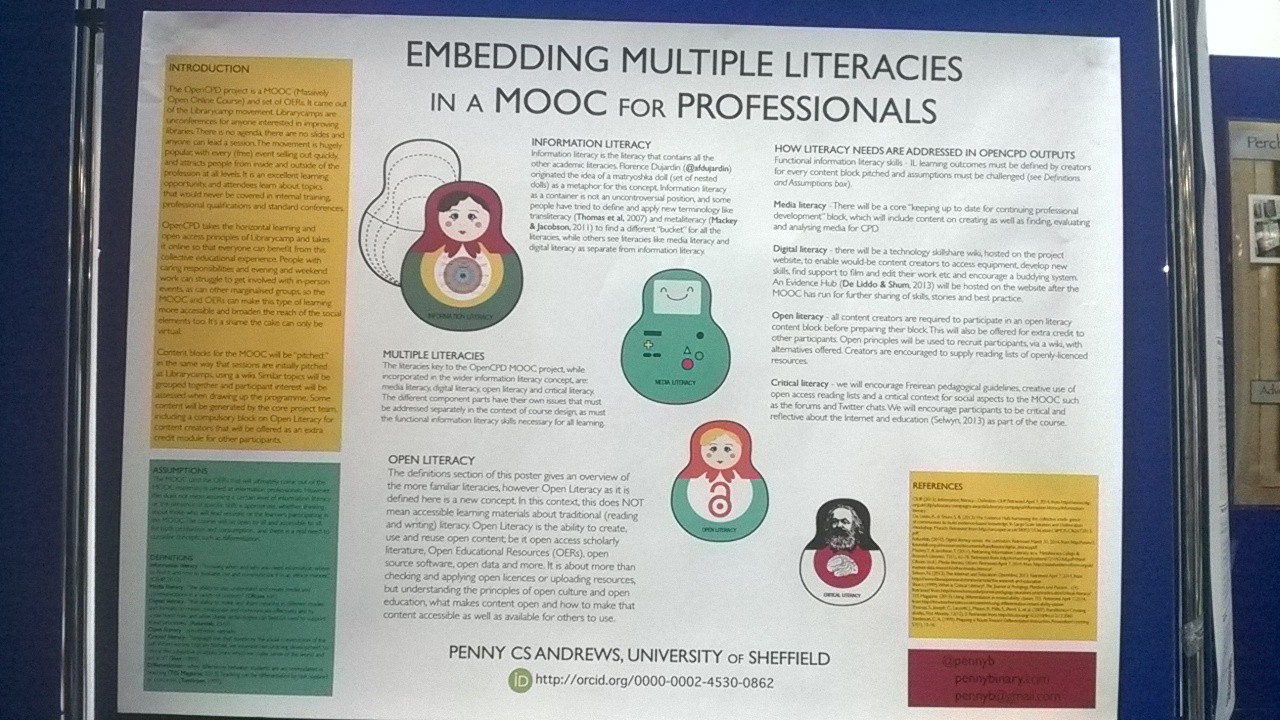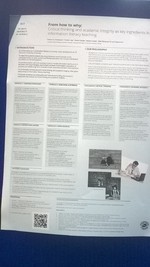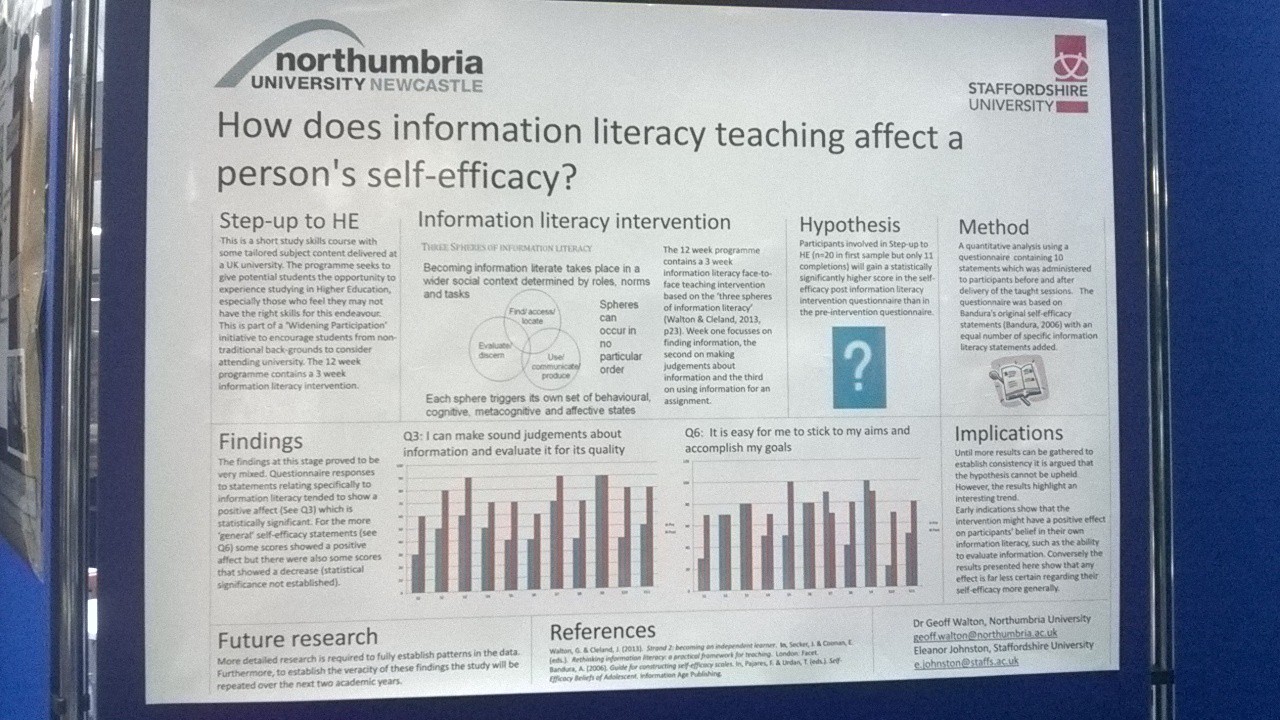What is 10 Things?
10 Things is an online self-directed course developed by the Scottish Government Library. The aim is for you to spend a little time each week developing your social media and information searching skills.
Each week we’ll post details about one or more of the tools from our 10 Things course and encourage you to try them out and reflect on them. Our aim is to present a realistic challenge that you can fit it into your schedule.
10 Things is based on the original 23 Things course which ran at the Public Library of Charlotte & Mecklenburg County in the USA in 2006.
When does it start?
The next course will start on Tuesday 6th May 2014.
How can I join?
You can sign up for the course here. Places are limit to 50, so please do not post this link to networks or mailing lists.
When the course starts you’ll receive an email welcoming you to the course and the first ‘thing’. Then each Monday thereafter you’ll receive email notification of that week’s ‘thing’. The course will last 10 weeks as you’ll receive 1 thing a week. Once joined you can access 10 Things here.
How does it work?
Each ‘thing’ will be published and archived on our 10 Things Yammer group. Only course participants will be able to access the group. Please note that the course content is designed for Scottish Government staff – though we hope you can apply it to your own personal or professional use.
Each ‘thing’ will include some set activities for you to try, and you’ll be asked to submit your learning outcomes or any questions to our 10 Things Yammer group. If you haven’t used Yammer before, don’t worry – we’ll cover that in week 1.
How much time will it take?
We estimate you should allow half an hour a week to go through that week’s ‘thing’. We understand participants will have different working patterns, so you can choose when in the week to spend time on 10 Things. Though we do encourage you to complete each thing by the end of each week.
Course programme
Week 1 Introduction, overview of social media, Yammer
Week 2 RSS and dashboards
Week 3 Blogs
Week 4 Twitter
Week 5 SG & social media, SlideShare, Prezi, Creative Commons
Week 6 Secure collaborative tools – Knowledge Hub, SharePoint, Huddle, Collaborate, Government Communication Network, Lync, OneNote
Week 7 Non-secure collaborative tools – LinkedIn, Facebook, Google+, Google Drive
Week 8 Searching skills – Go Google!, Google Scholar, eLibrary subject pages, KandE (Knowledge and Evidence), IDOX, Knowledge Network
Week 9 Social bookmarking and social citation
Week 10 Alerts and current awareness tools
 Friday, May 2, 2014 at 8:49PM
Friday, May 2, 2014 at 8:49PM 


